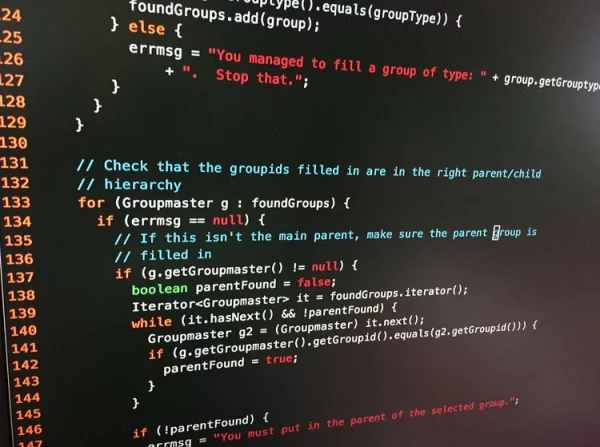코딩 ≠ 세계 언어
일부 주 의회는 코딩을 배우는 학생에게 세계 언어 학점을 부여할 것을 제안했습니다. 코딩을 배우는 것이 세계 언어를 배우는 것과 같을까요? 언어 전문가에게는 이런 생각 자체가 터무니없어 보입니다. 코딩은 분명 오늘날의 세계에서 가치 있는 기술입니다. 입법자와 학교 관리자들이 이미 빽빽한 커리큘럼에서 더 많은 학습을 위한 공간을 찾아야 한다는 것도 이해할 수 있습니다. 그러나 우리는 학생들이 점점 더 연결되는 글로벌 사회와 경제에서 성공하기 위한 중요한 기술을 배울 수 있는 커리큘럼의 한 곳인 세계 언어를 대체하는 것은 실수라고 생각합니다.
왜 이런 일이 발생하나요?
How has language education gotten to this point? Perhaps we world language educators and advocates have ourselves partially to blame. Are too many language classes being taught in a way that makes people think that learning a language is equivalent to learning to code? Despite the efforts of standards-setting organizations and leaders in the field to move language teaching to a real-world proficiency approach, the traditional approach of teaching language as a set of rigid, mind-numbingly complex rules and conventions (verb conjugations, decontextualized grammar points, etc.) remains all too common in classrooms. In fact, this traditional way of teaching world language does feel a lot like coding. After all, coding consists of a set of specific, rigid lexicons and syntaxes that programmers use to create actions in computing devices. To compound the problem, many educational decision-makers remember that their own traditional language learning experiences were like working in verb conjugation and translation factory.
세계 언어가 살아있다
전통적인 방식으로 언어를 가르치는 대신 다양한 문화와 관점을 가진 사람들과 상호작용하는 살아 숨 쉬는 방식으로 언어를 가르친다면 세계 언어를 기계에 동작을 지시하는 기술과 혼동하지 않을 수 있습니다. 우리는 언어와 문화가 오늘날 세계에서 고유한 가치를 지니는 측면을 강조해야 합니다.
우리 세계 언어 교육자들은 낡은 교육 방식을 뛰어넘어 우리 과목의 교육적 효과가 수학, 과학, 언어와 동등하다는 것을 이해관계자들에게 증명할 수 있고 또 증명해야 합니다. 우리가 이를 달성할 수 있다면 아무도 언어 학습과 코딩을 혼동하지 않을 것입니다.





